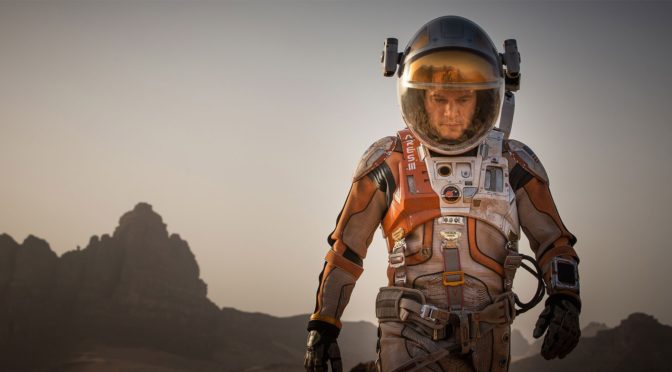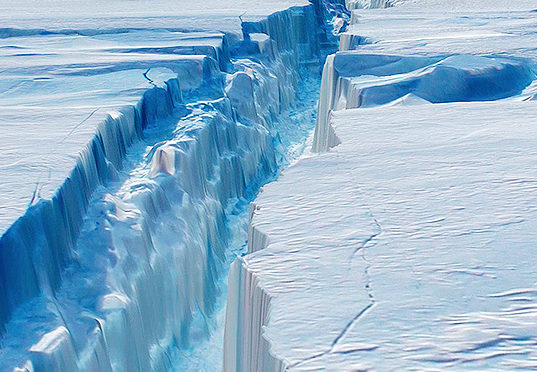Ken Piper, July 23, 2016
I recently saw the movie The Martian for the second time. It is one of my favorite science fiction movies. I emphasize “science” because sci-fi covers a wide span, from mostly fiction with little or no science to mostly science with some scientific oversights in order to be more engaging. This one falls into that latter group. Yes, I know the Martian atmosphere is too thin to generate a storm like in the movie. And, there are lots of other things to nitpick about, if that is your desire. The story has a nice mix of humor and suspense that makes it fun to watch. But its importance may be in its possible effect on U.S. space policy.
I read an opinion that it is the biggest boost NASA has gotten in decades. The movie has brought to the world’s attention that we still have not gotten to Mars. The movie 2001 (1968) envisioned a lunar base and a manned mission to Jupiter. At that time, the space program was still in fast track mode, in order to get to the Moon before the end of the decade. Since that time, NASA has been low on our list of priorities, an especially easy target for cost cutting.
But the Moon program was during Johnson’s Great Society and the war in Viet Nam. Somehow we found the money to do it, and, it can be argued that the technological advances were worth the cost.
The writers of Martian were clever in their inclusion of China as a partner in the rescue attempt. And, in fact, one of the astronauts in the follow-up mission Ares 5 looks like he could be Chinese. As is the case with the International Space Station, international cooperation helps with the cost and has the added benefit of fostering cooperation among nations. A mission to Mars would be much more costly, and, wouldn’t it be nice if the nation with the second-highest GDP was a part of the team?
Now, if we could just get Congress to stop doling out the goodies to buy everybody’s votes, maybe we could afford to support a real space program.


